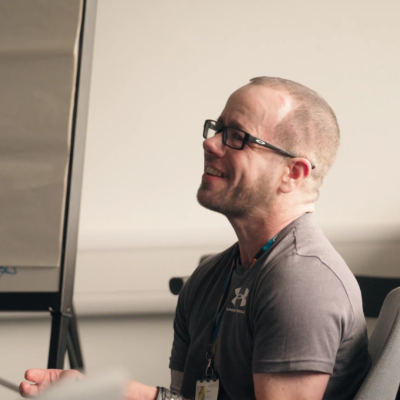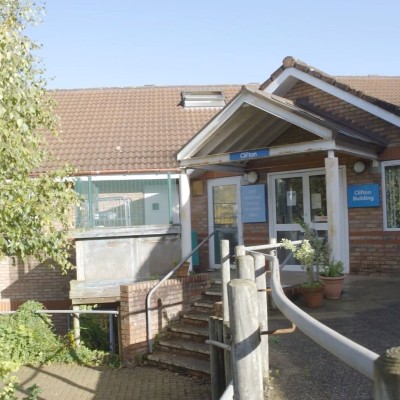Publish date: 16 May 2024
![]() I’m absolutely delighted that movement is the theme of this year’s Mental Health Awareness Week.
I’m absolutely delighted that movement is the theme of this year’s Mental Health Awareness Week.
If you look at the NICE guidelines, there’s lots of evidence around how physical activity helps a whole host of mental health conditions - everything from depression to psychotic disorders.
When you go for a run, endorphins are released. There’s that feel-good factor, when you’ve been out you may feel energised and alert or more relaxed. It also helps with other things such as reducing anxiety and improving sleep, which also has a direct impact on mental wellbeing.
Activity and exercise can be for everyone. It’s not necessarily about being a top-class athlete, it’s about starting small and finding what you like. Many feel that exercise is daunting, but you can start with something simple like short walks. There’s so many other options for exercise apart from gyms. It could be gardening, cycling, going for a brisk walk or joining a local walking or running group. Doing exercise in a group has the added benefits of the social connections, which are also helpful for mental health. There’s also lots of sport specific groups in local communities such as tennis clubs, football and bowling, etc.
AWP has lots of things that we offer, through the Physiotherapy and Exercise service. We have gyms in several of our locations that our patients can access as part of their treatment plans, introducing them to exercise so they can feel the benefits exercise has on their mental and physical health. Where we have outdoor spaces, we can offer activities like badminton, tennis and basketball hoops.
We also offer Tai Chi, which is really gentle group exercise. Everyone, including older adults, can do some Tai Chi. We are currently training more staff to deliver Tai Chi so we can widen participation in this inclusive activity. In our Later Life settings we offer seated exercise programmes too, so everyone can join in and get the benefits of being active.
The physical health of people with serious mental illness can be poor, due to co-morbidities such as cardiovascular disease, lung disease and diabetes. It is really important that, while we are supporting service users with their mental health, that we also support them to address their physical health risks. Exercise can play a really important part in supporting this.
It is common knowledge that taking medication, and talking therapies, are offered as treatments for mental health conditions. The evidence shows that being active is also an effective treatment for several mental-health conditions – ‘Exercise as medicine’. As a team at AWP, we really see the benefits of doing regular exercise with our patients and the difference it can make as part of their recovery.









